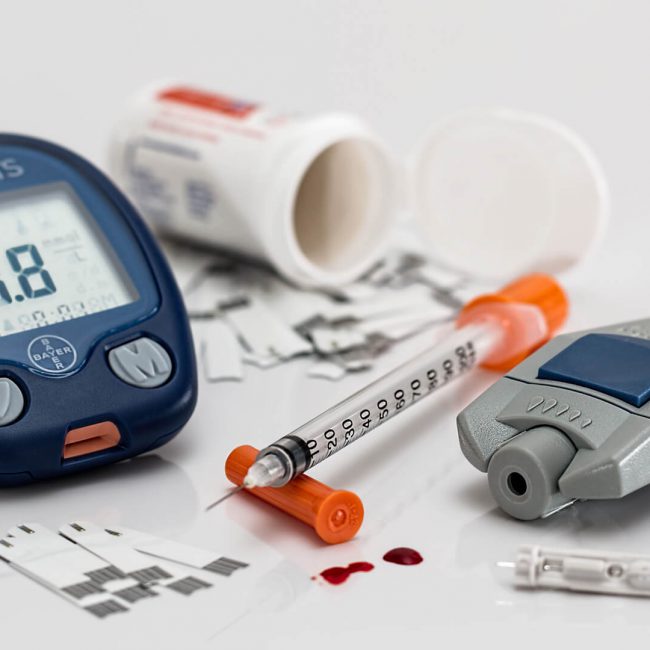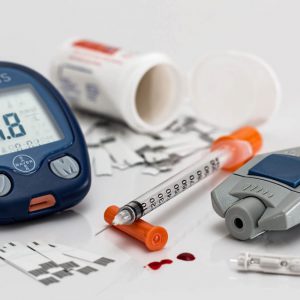Thick smears are a more sensitive test for malaria infection. A greater volume of blood is examined under the microscope and the parasites are therefore more likely to be seen. Thin smears have fewer blood cells present and allow identification of the type of Plasmodium species causing the infection.
Testing is performed to help diagnose malaria, to monitor for relapses, and to determine drug susceptibility of the parasite causing the infection.
Normal range of Peripheral Smear for Malaria is >100kU/l for unisex and all age groups.



